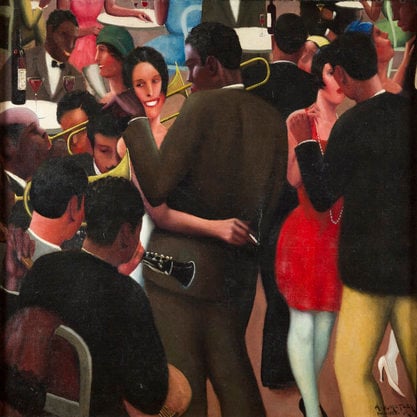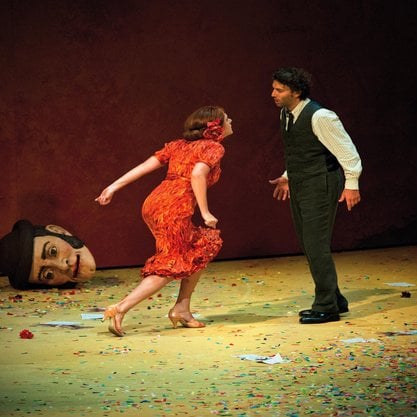Article
Malipiero, Gian-Francesco (1882–1973) By Roderick, Peter
Article
Gian-Francesco Malipiero was an Italian composer whose life spanned an expansive period of Italian history, from the post-Risorgimento years through two disastrous wars and into the turbulent anni di piombo. Remembered as a Venetian tied to his beloved Asolo in the hills of the Veneto, Malipiero in fact spent his formative years in a variety of locations. His cosmopolitan upbringing took him to Trieste, Vienna, Paris, Berlin, and Bologna, where he absorbed a diversity of influences and studied with an array of tutors. Two principal musical spheres influenced his early life: Parisian modernism (he attended the riotous premiere of Stravinsky’s The Rite of Spring in 1913) and the seconda prattica of Claudio Monteverdi, whose renaissance works he studied and later edited in their entirety—antique music would form a thread of meaning that wove through much of his later work. Into the 1920s, Malipiero spent frequent amounts of time in Rome and was (with Casella and the poet Gabriele d’Annunzio) a founding member of the avant-garde group the Corporazione delle Nuove Musiche. This was the era in which Italian modernism and Italian Fascism formed an uneasy partnership, and this group played its role in the bombastic nationalism of the 1920s. Yet, despite a burgeoning friendship with Mussolini, Malipiero’s career was almost derailed in 1932 when the fascist “Manifesto of Italian Musicians for the tradition of Nineteenth-Century Romantic Art” criticised his music heavily, and in 1934 his opera Il Figlio della Cambiata was banned by the authorities due to its subversive libretto by Pirandello. From the war years onwards, Malipiero retreated from public life and spent longer periods in Asolo, with his influence on Italian musical life felt most keenly in his tutelage of a young Luigi Nono and Bruno Maderna.




